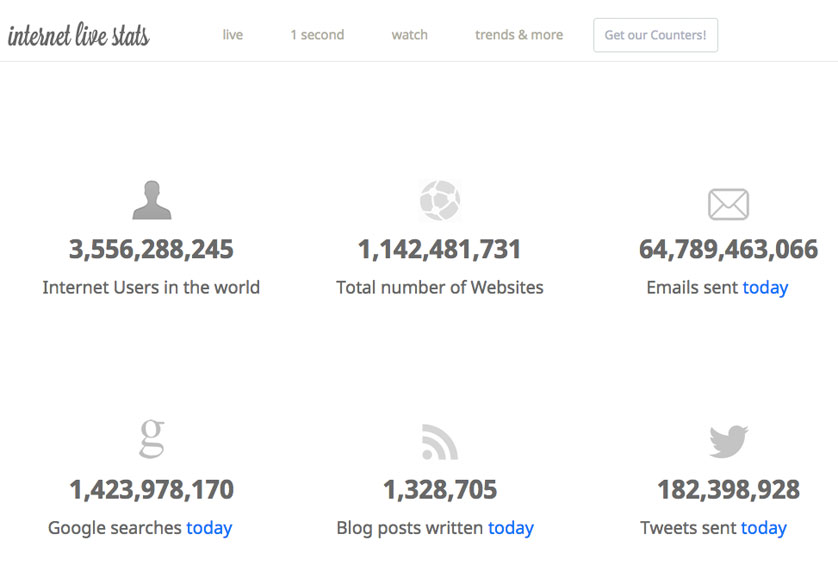There’s nothing more depressing for me than looking at the home page of a IT support website and seeing a headline that says “Welcome to XYZ IT support”.
Or worse, reading that the business “is a specialist support solutions company that has forged a reputation for excellence in supporting its customers”.
Why is that depressing? Because that’s what ALL IT support websites say. They all claim to have the highest levels of care and quality, and the best and most experienced staff.
Yawn.
The problem with that, is when everyone says the same thing, it’s really hard for people to differentiate between businesses. They seem quite samey.
Your clients and prospects aren’t like you. They don’t think about IT support from the second they wake up till the second they slip off to sleep. They don’t read IT support blogs and websites. They don’t pour over the latest products and equipment.
The average everyday normal client doesn’t think about their IT support company at all… until they need help with something. They probably don’t even remember the name of the business. You’re just the ‘tech guys’ to them.
When you put yourself in the mindset of your clients and prospects, you realise that it’s critical to utterly differentiate yourself from all the other support companies they could look at.
When someone is looking for a new IT support company, they might Google the phrase “IT support theirtown”.
If they land on your website, do you know how long you’ve got to grab their attention and make them want to read on? Three seconds. Just three seconds. Terrifying!
So you can see why using the same kind of generic marketing bumph all the other IT support companies use is a bad idea. Same as using tired stock images of technicians and networking cables.
There’s another side to this. When people visit your website for the first time there is a strong chance that they are interested in your service and could make a good prospect.
But some visitors may not be ready to enquire today. Because the internet makes it so easy to research the different options available, people are much more likely to go looking for information about an intended purchase in advance of actually making the spending decision.
This is why you need to have some form of data capture on your website. You offer website visitors something valuable if they tell you who they are and give their permission for you to stay in touch with them.
The key element to this is that you offer them something in return for their contact details; what I call an ethical bribe. Typically this is expert information in the form of a support guide.
You do an information swap. The website visitor tells you who they are in return for your packaged information.
Unlike your competitors, you will then have dozens of opportunities to direct market to your prospects in the weeks and months to come. You can keep in touch with them and keep your business top of mind. So when they are ready to buy, it’s significantly more likely to be your business that they choose.
This strategy is both proven and powerful. And of course it means that the more potential prospects you send to your website, the better.
Because they have to choose to get your information; to tell you who they are, they effectively self-select themselves as a prospect. Which is good because it means you are building a marketing database of prospects who are most interested in your service.




